The internet has birthed countless subcultures, but few have thrived quite like the bizarrely specific world of fitness meme pages. What began as niche humor shared between gym bros has evolved into a self-sustaining ecosystem of inside jokes, exaggerated stereotypes, and strangely motivational content. These meme archives don't just document workout culture—they've become active participants in shaping how we perceive fitness in the digital age.
Scroll through any popular fitness meme account, and you'll immediately notice the recurring cast of characters. There's GigaChad, the impossibly square-jawed alpha male who treats protein shakes like holy water. His polar opposite, Skinnyfat Kevin, perpetually stuck between buying gym memberships and actually using them. Then we have CrossFit Karen, who can deadlift a small car but will lecture you about "functional movement" during your grandmother's funeral. These archetypes get recycled through endless variations, yet somehow never lose their comedic punch.
The visual language of fitness memes follows distinct patterns. Black-and-white Wojak-style drawings depict existential gym crises, while hyper-saturated reaction videos capture the exact moment someone realizes leg day exists. Some of the most viral templates involve absurd comparisons—placing a Renaissance sculpture beside a modern bodybuilder with captions like "Art schools when they realize Michelangelo just drew juicy dudes." The humor often walks a tightrope between self-deprecation and unironic admiration for extreme dedication.
What makes these meme repositories fascinating is their dual function as both parody and propaganda. On one level, they mock fitness culture's obsessions: the broscience, the unnecessary grunting, the tribal wars between powerlifters and yogis. Yet simultaneously, the same pages spread workout tips, celebrate personal transformations, and create inside jokes that only make sense if you've experienced the peculiar agony of failing a max squat attempt. It's a rare case where the satire fuels the very thing it ridicules.
Behind the jokes lies an unexpectedly sophisticated understanding of exercise physiology. Memes about "noob gains" or "tren hard" often contain kernels of legitimate fitness wisdom wrapped in layers of absurdity. The community has developed its own lexicon—terms like "deload week" (secretly code for eating pizza) or "natty or not" (the eternal debate about who's chemically enhanced). This shared vocabulary transforms beginners into initiates, giving them ways to participate before they fully understand the culture.
The darker side of fitness meme culture reveals itself through recurring themes of body dysmorphia and unhealthy extremes. Jokes about "never being big enough" or "skipping family events for gains" often mask genuine struggles. Some pages walk this line carefully, using humor to call out toxic behaviors, while others accidentally glorify them. The comment sections become battlegrounds between those who get the satire and those who take the machismo at face value.
Surprisingly, these meme hubs serve as unconventional support networks. Posts about failed diets or gym embarrassments receive floods of encouraging responses from strangers who've been there. The collective roasting of ridiculous supplement ads or fake gurus creates a sense of solidarity against industry scams. When someone shares their progress photos, the same accounts that mercilessly mock vanity will often erupt in genuine applause.
As fitness memes continue evolving, they've begun influencing real-world gym behavior. You'll now hear lifters unironically quoting meme phrases like "light weight baby" or "every day is chest day." Some personal trainers deliberately incorporate meme references into coaching to better connect with younger clients. The humor has even leaked into supplement marketing, with pre-workout brands embracing ridiculous names like "Crack Gold" or "Dust Extreme."
The longevity of fitness meme culture stems from its ability to laugh at itself while still taking the pursuit seriously. Unlike many internet trends that burn out quickly, these joke archives keep adapting because the fundamental experience of pushing physical limits remains universal. Whether you're a competitive athlete or someone who considers walking to the fridge a workout, there's always a meme that captures your relationship with fitness—in all its painful, glorious absurdity.

By /Aug 14, 2025
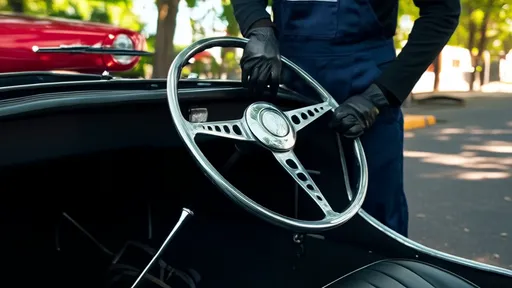
By /Aug 14, 2025
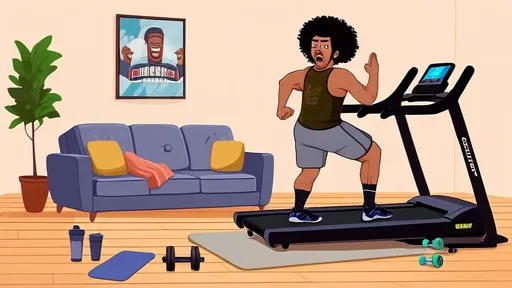
By /Aug 14, 2025

By /Aug 14, 2025

By /Aug 14, 2025
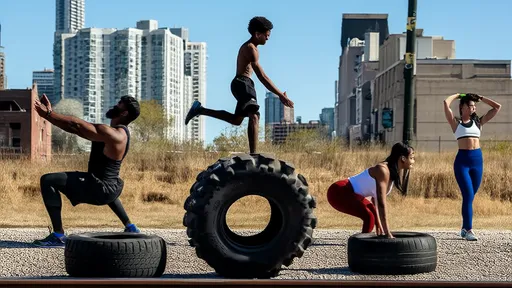
By /Aug 14, 2025
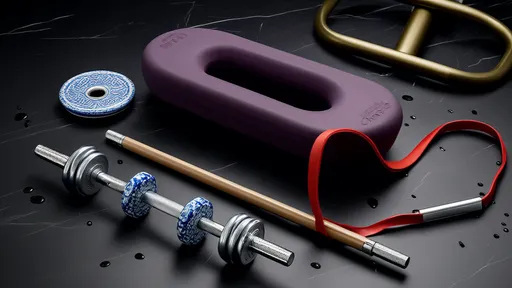
By /Aug 14, 2025

By /Aug 14, 2025

By /Aug 14, 2025

By /Aug 14, 2025

By /Aug 14, 2025
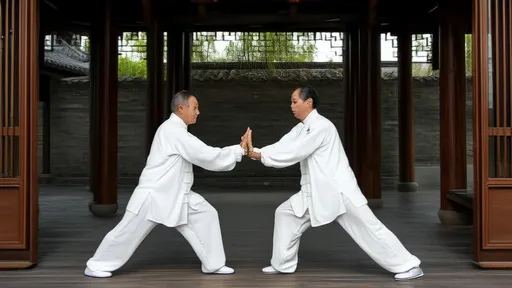
By /Aug 14, 2025

By /Aug 14, 2025
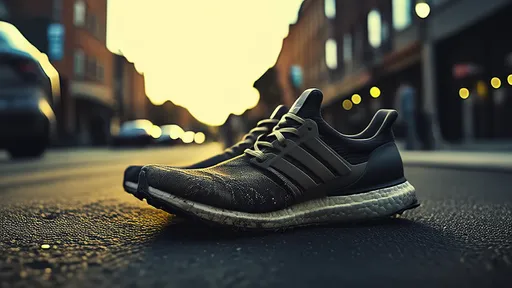
By /Aug 14, 2025

By /Aug 14, 2025
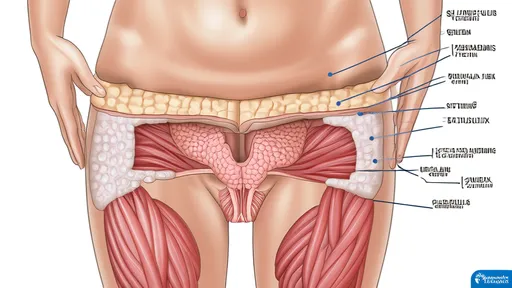
By /Aug 14, 2025

By /Aug 14, 2025

By /Aug 14, 2025
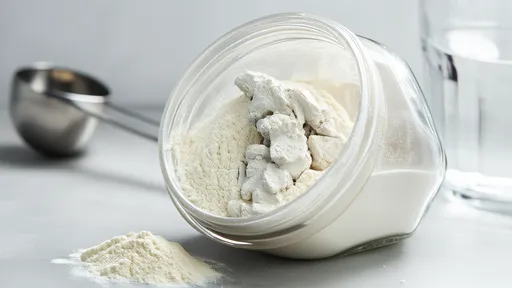
By /Aug 14, 2025
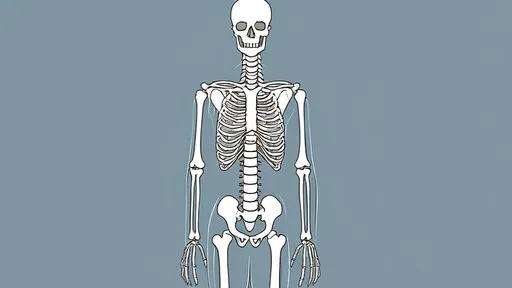
By /Aug 14, 2025